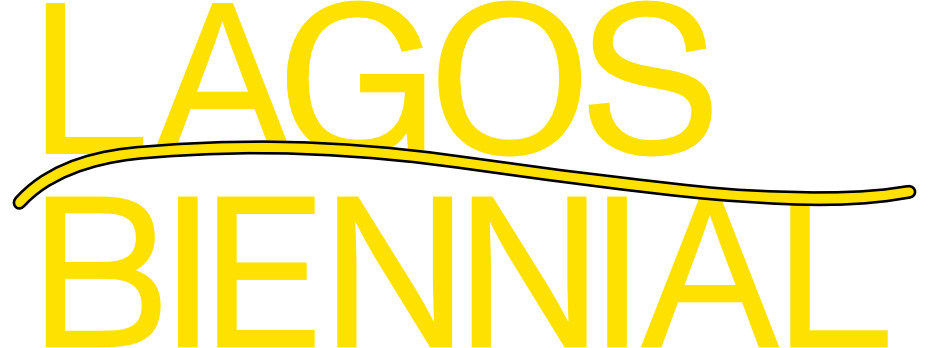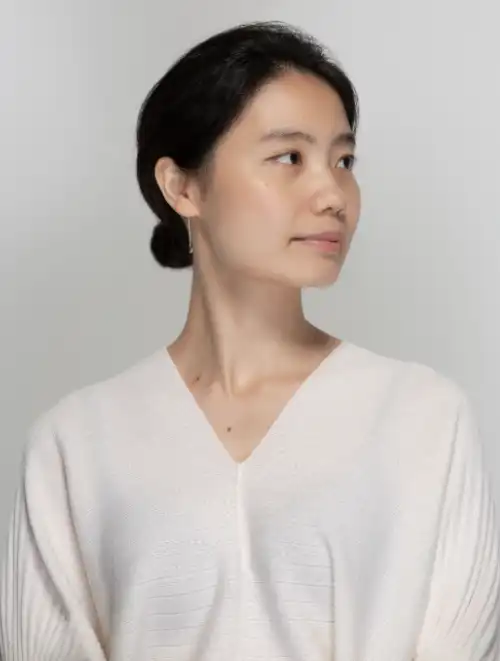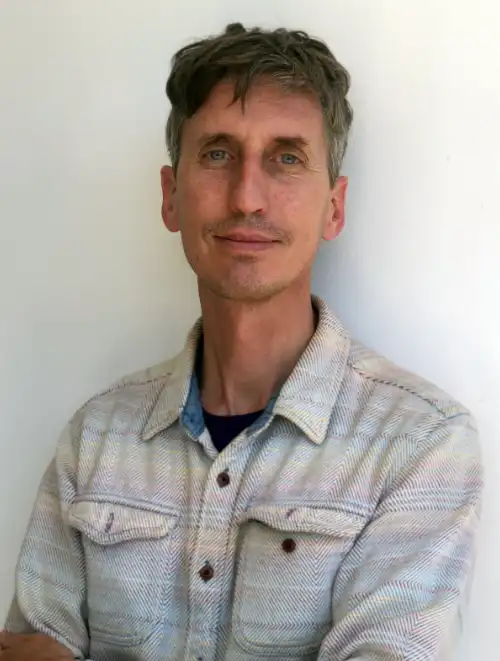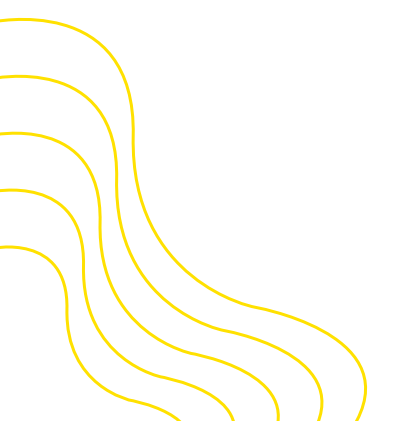What lies hidden in the shadows of our museum spaces? Whose stories are silenced, and whose voices are amplified? If we were to build a museum from scratch, unbounded by structural inequities, what form would it take?
Titled The Museum of Things Unseen, the Lagos Biennial 2026 offers a speculative response to these questions. This conceptual museum brings together a collection of works to address the contextual, philosophical, and political forces that shape practices of cultural circulations and museology.
The Museum of Things Unseen aims to bring together and exhibit rarely or never-before-seen artworks, examining the factors (including an imbalanced global art canon shaped by cultural bias, financial power, political influence, curatorial priorities, and conservation concerns) that contribute to their “unseenness.” The intention is to open up the current bounding structures of these artworks and inquire into the invisible labour, evolving identities, and concealed market forces shaping our cultural landscape. Contemporary artists will be invited to reinterpret and reimagine the works on display, questioning the invisibility of these works, rewriting the narratives within the context of a speculative museum, and offering new perspectives that illuminate the unseen dimensions of these pieces.
In addition to this speculative, open and dynamic inquiry into cultural objects and flows, the 5th edition of the Lagos Biennial marks the inauguration of the Àkéte Collection, a diverse array of art objects from across the world and a pioneering public international art collection in Africa. The Àkéte Collection will critically examine the universal art canon, collecting works through donations and loans from museums, foundations, and private collections worldwide to ensure unprecedented physical access to these pieces.
Hence, The Museum of Things Unseen is an open paradox: aspiring for inclusivity in an exclusionary field, being speculative yet concrete, unsettling yet earnest, ephemeral yet consequential. By bringing artworks to Lagos and recontextualising them within the affective infrastructural dimensions of the city, the Biennial aspires to weave diverse and layered histories into a new relational temporal zone.
Chinyere Obieze, Furen Dai, and Sam Hopkins have been appointed as co-curators for this edition of the Lagos Biennial by the Artistic Director, Folakunle Oshun. The curators will engage critically and dialogically with museums, institutions, and artists, co-developing The Museum of Things Unseen for the 2026 edition of the Lagos Biennial.
An international colloquium will accompany the biennial events, convening academics and museum specialists from across the world to discuss heritage circulations, restitution, and the concept of the universal museum.
-The curatorial team












